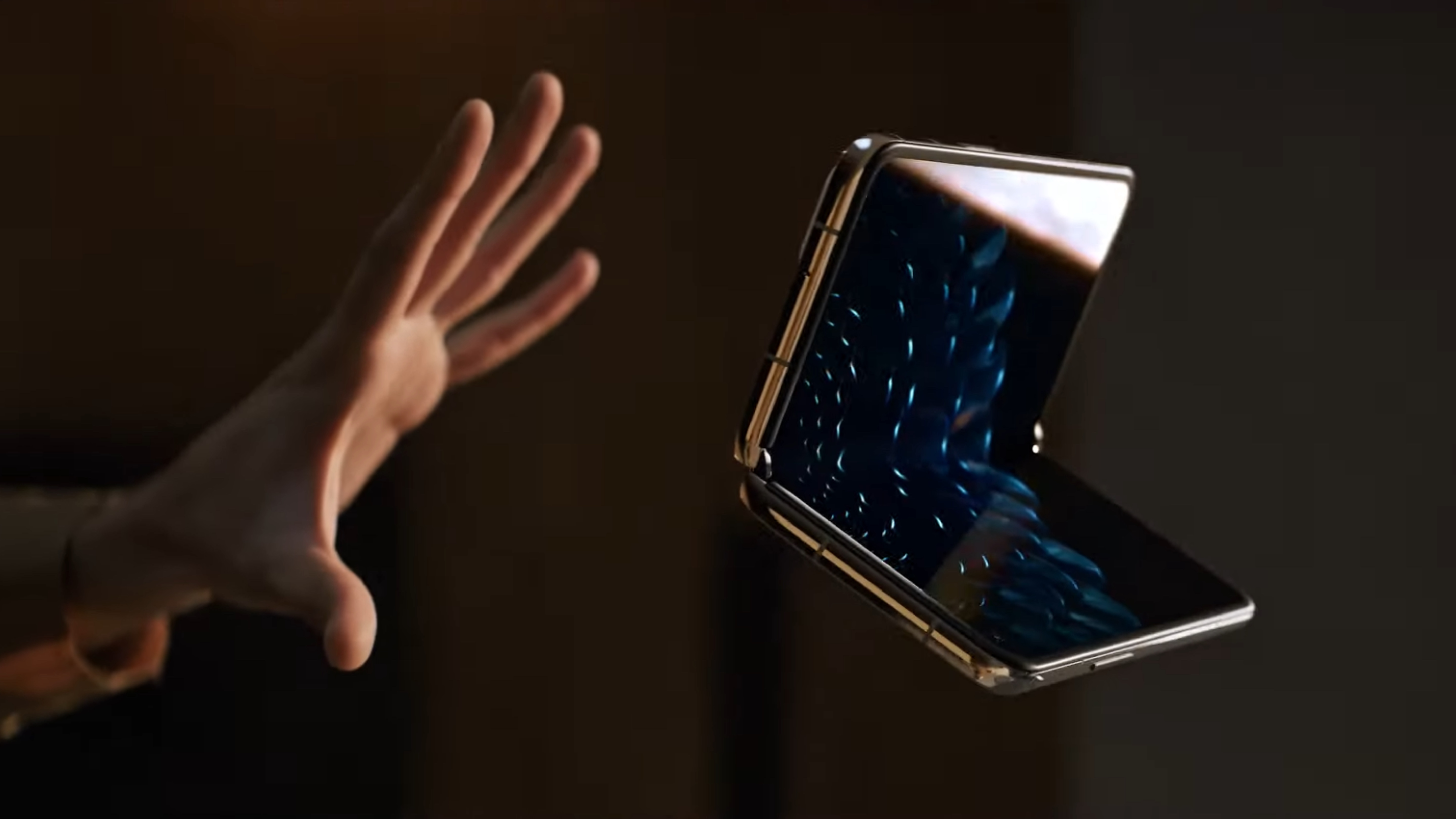One thing beyond the availability of technology to produce things like a viable folding screen phone, is asking whether it’s addressing a need that is greater than the tradeoffs that will be caused by implementing a technology. Folding feature phones were all the rage back in the day, but the common failure point of the hinge helped speed their demise.Maybe. But a bigger problem is that consolidation has slowed down innovation a bit as well. There are only a few companies capable of building this cutting edge tech. It’s going to have to either come from Samsung or Apple. I don’t see Intel, Microsoft, Google, or especially OnePlus really having the vision and dedication to change that.
Not to bring up the old “if Jobs were still around” trope but I do have to wonder how things would be. He seemed to be the only tech CEO (besides maybe Zuckerberg) that never got bored with his company. Every company (except maybe Intel since they are the oldest) I mentioned above had its founder leave to spend more time with their money a long time ago. Cook is definitely dedicated but I wonder about his vision.
And back then, people were using their phones a fraction of the time that they are today. So as much as the hinge mechanism has been improved, it’s still a significant failure point and when coupled with the screen and the failures a folding screen faces, it’s two main elements of the device that face early failure.
We’re supposed to learn from the past, but it feels like there is a group of young designers, engineers, even consumers who don’t know we’ve tried many of these things in the past and there are reasons things didn’t live on into the future. It’s that or the fact that development of smart phones is starting to slow to the point of companies having to pitch half-baked ideas in the hopes of capturing the public’s attention long enough to hopefully solve some of the unresolved issues.




